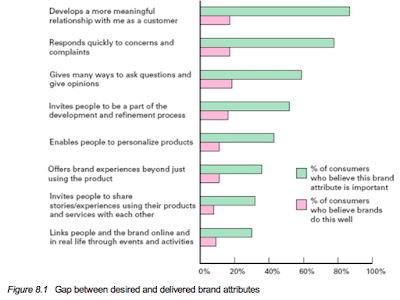"The starting point of most competitive analysis is a question: Who is your competition? That’s because most companies view their competition as another brand, product, or service. But smart leaders and organizations go broader.Recordar o Dick Dastardly e os observadores de motards.
.
The question is not who your competition is but what it is. And the answer is this: Your competition is any and every obstacle your customers encounter along their journeys to solving the human, high-level problems your company exists to solve.
...
Sure, someone in your company needs to understand the marketplace: who your competition is, what other products are on the market, and how they are doing, at a basic level. But there’s a point at which paying attention to other companies and what they’re doing interferes with your team’s ability to immerse itself in the world of your consumer. Focusing on competitive products and companies often leads to “me-too” products, which purport to compete with or iterate on something that customers might not have liked much in the first place.
...
First, rethink what you sell. Most companies think they sell a product. To transcend strictly one-time, transactional relationships with your customers, your company must think about selling a transformation: a journey from a problematic status quo to the new levels and possibilities that will unfurl after the behavior change you help make happen.
...
Next, rethink your customers. They are not just the people who have purchased your product or the people who follow you on Facebook. Your customers are all the people who grapple with the problem your business exists to solve.
.
Now, focus on their problems. Engage in customer research, online and in the real world, to understand and document their journeys. I don’t mean their customer life cycle with your brand. Map out your (redefined) customer’s journey from having the problem you exist to solve to no longer having that problem. That may be the journey from unhealthy to healthy living, or from being broke to being a good steward of their finances."
Trechos retirados de "Obsess Over Your Customers, Not Your Rivals"









%2006.21.jpeg)












